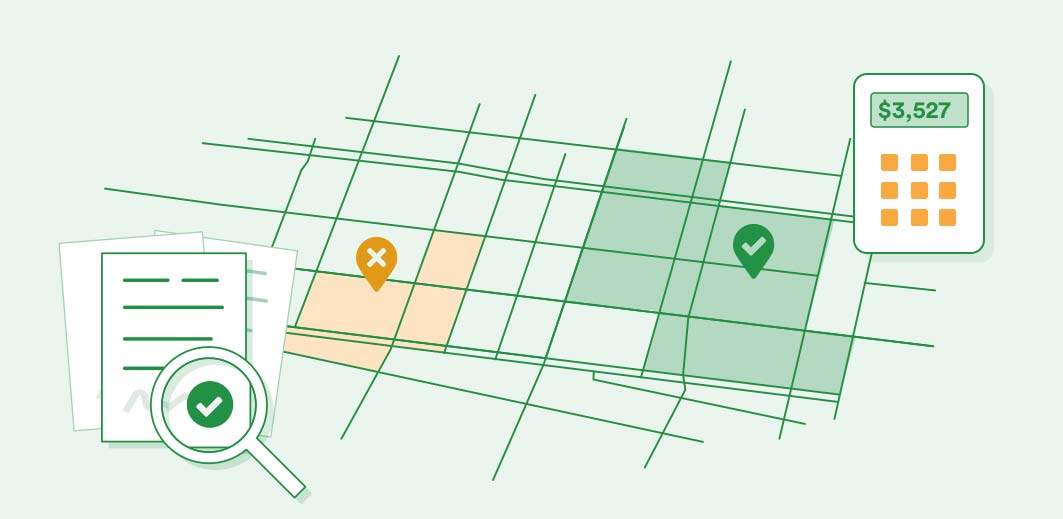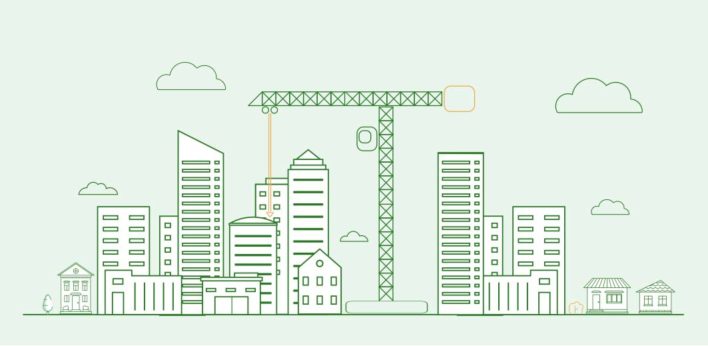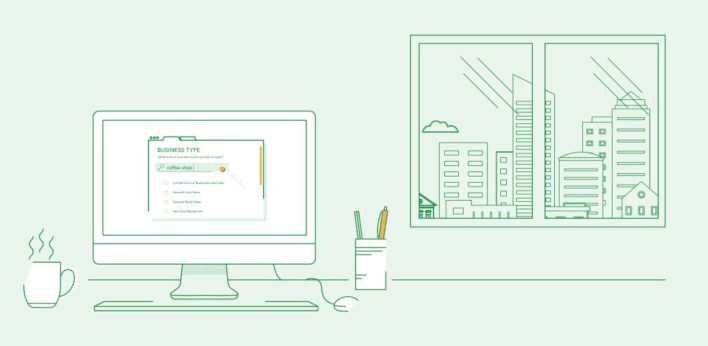Imagine starting a pizza shop in your hometown. You know there’s some permitting involved, but you’re not sure what the specific requirements are exactly. So off to Google you go, and with a few clicks, you find yourself falling down the rabbit hole known as “permit discovery.” It’s a tangle of questions and (often unclear) answers like:
- “How will I know if I’m in a ‘Phase 2’ region?” Please refer to sections 110-B and 99-D of the ABC law.
- “Could I serve beer to my customers?” Food must meet the minimum requirements under §64‐a of the Alcoholic Beverage Control Law.
- “So what are the actual license requirements?” Within each group are numerous types of licenses. Each license type has a different set of application requirements.
And so on (the above language is courtesy of the City of New York).
The point is: From renovating a house to hosting events at a public park, there are thousands of scenarios in which you might be required by law to first obtain the necessary permit from your city, county, or state (which is its own problem — multiple entities having jurisdiction). The process of understanding which permits you actually need is called “permit discovery” — and it’s never easy.
Why is the process so hard? Let’s look at a few of the underlying problems.
Why is Permit Discovery Such a Mess?
Your pizza shop can’t get off the ground without a few permits from the Health Department, obviously. If you want to offer parking, you might have to get some permits from the Department of Public Safety. Want to offer alcohol? At minimum, you’ll need a license from your state’s alcohol beverage commission. Oh, don’t forget to make sure you’re compliant with all applicable zoning ordinances, too.
You can see the problem, right?
In many municipalities, for example, you’ll find at least nine separate types of construction permits — and each one of those often sprouts new requirements and application processes in turn. Meanwhile, the pages of regulatory literature you should read, as many of them might apply to your project, number in the thousands.
There’s no needle to be found, just mountains of haystacks. Distressed, applicants inevitably turn to one of the following three options at this juncture.
1. Pay to Play
Here, as in other areas of American life, how much pain you experience is determined by your ability to pay to avoid it. For those with deep enough pockets, there’s a solution on hand: Outsource it! Pay a permit expeditor. Get this mess off your hands. They’ll handle the problem for you.
That works, sure, but it also effectively perpetuates existing inequalities in the system.
2. Doggedly Pursue Staff Members
This approach, too, has flaws on both ends. When constituents are repeatedly calling or emailing City Hall employees, there’s an emotional toll for all parties.
In fact, we’ve found that it goes deeper. There’s a demonstrable cost associated with handling these kinds of ongoing, repetitive inquiries. Over the long haul, they can dramatically (and yet invisibly) increase the cost of every permit issued — something we’ll revisit later.
3. YOLO
Finally, the third way: At this point in the game, many applicants just decide to go for it, permit or not.
In other words, the Byzantine permit discovery process winds up effectively incentivizing bad actors to roll the dice and hope they don’t get caught. If it’s this hard to know which regulations apply to your project, ignoring those requirements and forging ahead proves the path of least resistance.
For everyone else concerned, of course, it’s a much different story. Zoning, permitting, and licensing ordinances are there for a reason. A building permit, for example, helps ensure that a construction project is safe for the environment and that the lives of employees and the public aren’t in danger. If these controls are being circumvented, public safety is in jeopardy.
Permit Discovery and the Constituent Experience
How did such a mess come to be? The answer, like whether or not you need a permit for that, is pretty complex.
For one, there may be a crucial misalignment between legislators and the applicants they serve. For legislators the end goal has a lot less to do with optimizing the “constituent experience” than it does with protecting the public. The irony, of course, is that processes that were designed in the interest of public safety can end up undermining it instead, because they’re so complex.
This focus on safety is one reason why most city governments have divied up responsibility for different types of permits and licenses to various domain experts: the Building Department for construction projects, Parks and Recreation for events that will take place on city-owned land, and so on.
In theory, that should make the permitting process not only safe but more efficient. The unfortunate reality, however, is anything but.
Hence, you’ll see applicants bustling from one department to the next in search of the appropriate powers that be. This is the current state of affairs when it comes to permit discovery in far too many places, and it doesn’t serve the best interests of the cities or their constituents.
The Solution
Needless to say, when permit applicants have no choice but to take the steps we’ve laid out above, something has gone terribly wrong. Fortunately, there’s a better way. In fact, that’s a big part of the reason we launched OpenCounter. Using our platform, applicants can fill out an intake form and get answers to questions like the following in minutes, not hours (or days or weeks):
- Where is my project allowed?
- Which permits will I need?
- How much will it cost?
- How do I apply?
We’ve constructed a one-stop shop that can answer questions from multiple agencies, quickly and effectively, all from a single online resource. By normalizing disparate data sets across a municipality into a single repository, and making that information available to constituents in easy-to-understand language, the whole process moves faster.
Some key benefits of OpenCounter include:
- Decreasing costs by maximizing staff efficiency and reducing the load from repetitive inquiries (which increases a municipality’s issuance capacity at the same time)
- Providing 24/7/365 answers online to relevant questions (in any language, on mobile, or desktop)
- Promoting both near- and long-term economic development in local communities (after all, we make it easier for constituents to start and expand businesses)
No less critically, our solutions work alongside legacy technologies. We approach the pre- and post-application experience for what it really is: a complete journey, for applicants and cities alike. It’s an approach that enables us to streamline processes, save time and deliver best-in-class experiences. And that’s a recipe for happier constituents, too.


